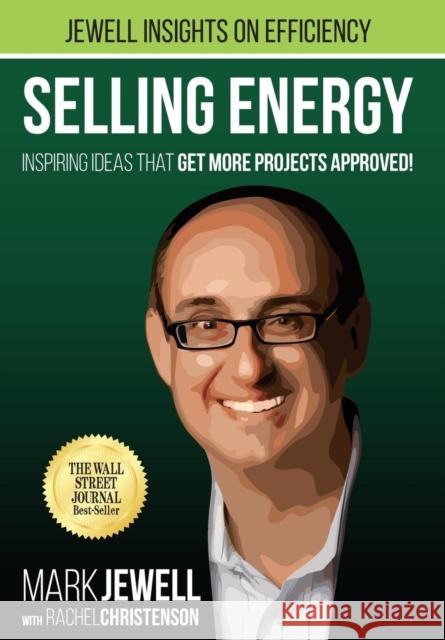Selling Energy: Inspiring Ideas That Get More Projects Approved! » książka
Selling Energy: Inspiring Ideas That Get More Projects Approved!
ISBN-13: 9781941991008 / Angielski / Twarda / 2014 / 212 str.
** #8 on The Wall Street Journal best-selling business book list for September 13, 2014** Given the abundance of commercially available energy-saving technologies, talented technologists to apply them, and even generous rebates to help finance them, why in the world aren't more efficiency projects approved? Based on twenty years of experience influencing efficiency decision-making in more than three billion square feet of properties, this author concludes that many more projects would be approved if energy professionals were actually trained to "sell" rather than simply "promote" efficiency. Energy efficiency products, services and programs all require effective selling. Professional sales skills make you more successful at advancing any energy efficiency initiative, regardless of your role in the process. Moreover, you need to think of yourself as a sales professional even if your job title does not include the word "sales." This book contains more than 80 short essays, each of which examines a unique aspect of efficiency-focused professional selling. Many originally appeared on Jewell Insights, the Efficiency Sales Professional Institute's daily email and smartphone blog that offers drip-irrigation reinforcement of concepts borrowed from the award-winning, weeklong Efficiency Sales Professional(TM) Certificate Boot Camp. As of this writing, more than one thousand energy professionals had benefited from this training. Hundreds of testimonials confirm the link between efficiency-focused professional selling and increased sales success: higher closing ratios, shorter sales cycles, deeper retrofits, and more. So what does efficiency-focused professional selling look like? 1) The confidence to reframe the benefits of efficiency so that they can be measured with the yardsticks that prospects are already using to measure their success 2) A 15-second elevator pitch that is precisely tuned to a particular prospect's values 3) A one-page narrative proposal delineating efficiency targets, the rationale for change, financial projections, status, and action steps for moving forward 4) A one-page financial summary that offers a clear and compelling treatment of both "popular" and "proper" metrics 5) An ability and willingness to sell utility-cost-financial, non-utility-cost financial, and non-financial benefits 6) An ability to recognize and replace myths with the math and motivation that get projects approved. Whether you are a manufacturer, specifying engineer, contractor, utility program manager or account executive, third-party program implementer, eco-entrepreneur or any other energy-related professional or job-seeker, you are sure to benefit from the insights provided in this book.











